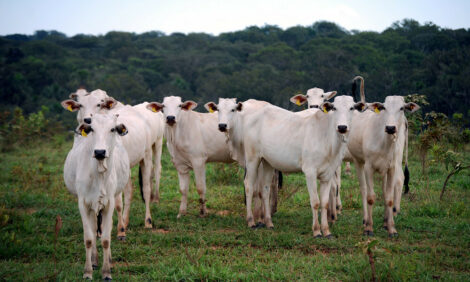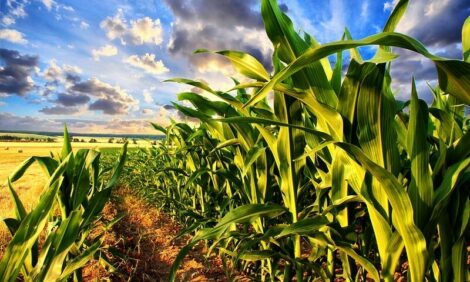



Kenyan Cheese Makers Come of Age
KENYA - In the cold misty hills of Limuru, David and Sue Brown have been making cheese for over 25 years. What started as a way to store their excess milk turned into Brown's Cheese.It is a good source of calcium, magnesium, fat-soluble vitamins depending on the cheese and varying amounts of the B vitamins. The Browns have managed to keep making the much-loved dairy product the traditional way. "Our cheese is natural. We do not add chemical colouring, coatings, mould inhibitors or unnatural flavour enhancement, as is the case with many products now on the market," says Mr Brown. They seem to have a motto: Keep it traditional and small. And that seems to be the approach taken by most of the cheese makers in the country.
Mr Jerome Millet, the farm manager of Eldoville, is also in the same business. He says the firm wants to keep it small to maintain the high quality cheese people have become accustomed to. His farm -located on a 17 acre plot in Karen- is processing 2,000 litres a day to make its cheese. Amazingly, the highest buyers are in the local market. "We export about five - 10 per cent to Uganda and Rwanda," he says. Mrs Brown notes that they make a wide variety of cheeses, nine in all, to get a wider market as opposed to concentrating on one type like the big Western cheese manufacturers. Mr Millet attributes to the growth of tourism and awareness created by events like the recentl Cheese and Wine Festival in Nairobi as avenues of public awareness about cheese.
It also gives an opportunity for some of them to launch new products like the Goat cheese made by Raka Milk Processors of Nyeri. Other factors are campaigns by the Kenya Dairy Board (KDB) to stimulate value adding, enforcement of dairy import levies (imports have dropped by 50 per cent from 230 tonnes to 100 tonnes) and improved export markets in the East African Community (EAC) and the Comesa region.
Source: AllAfrica.com


